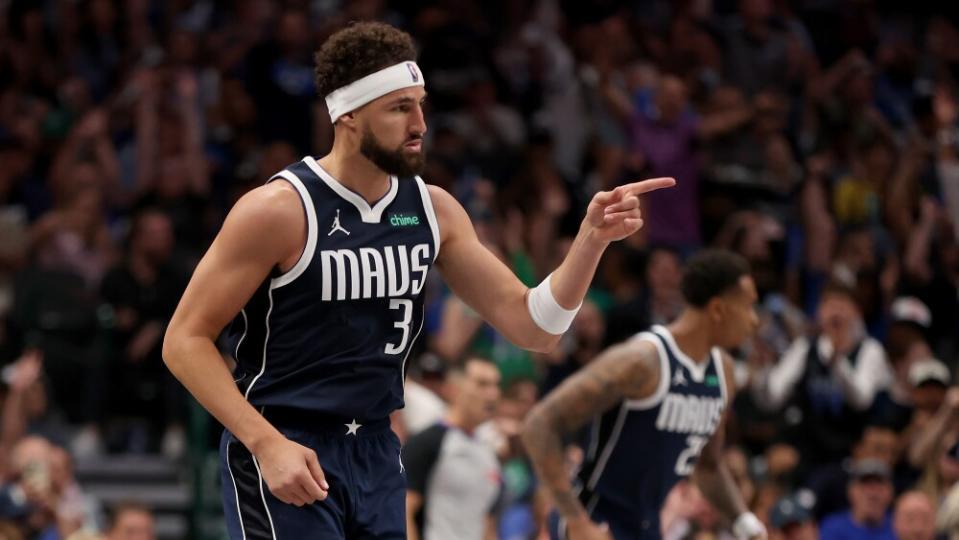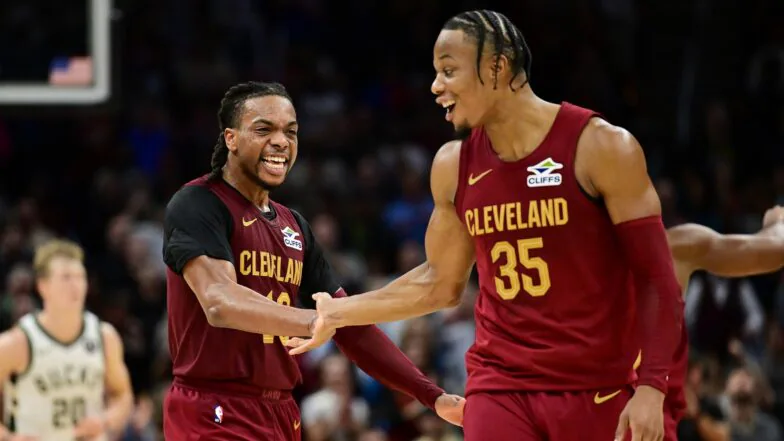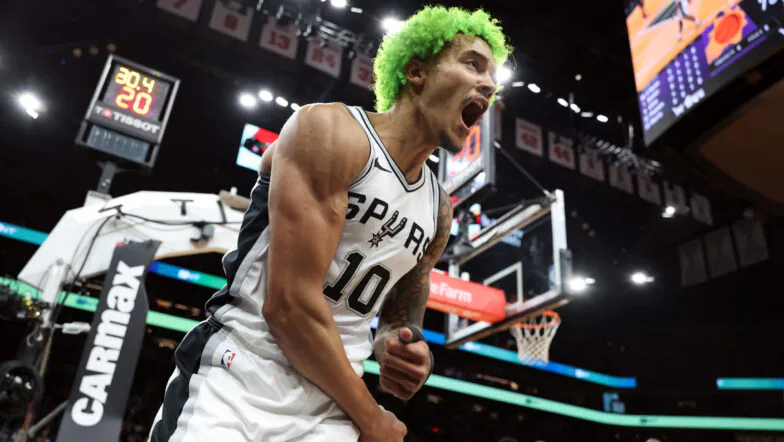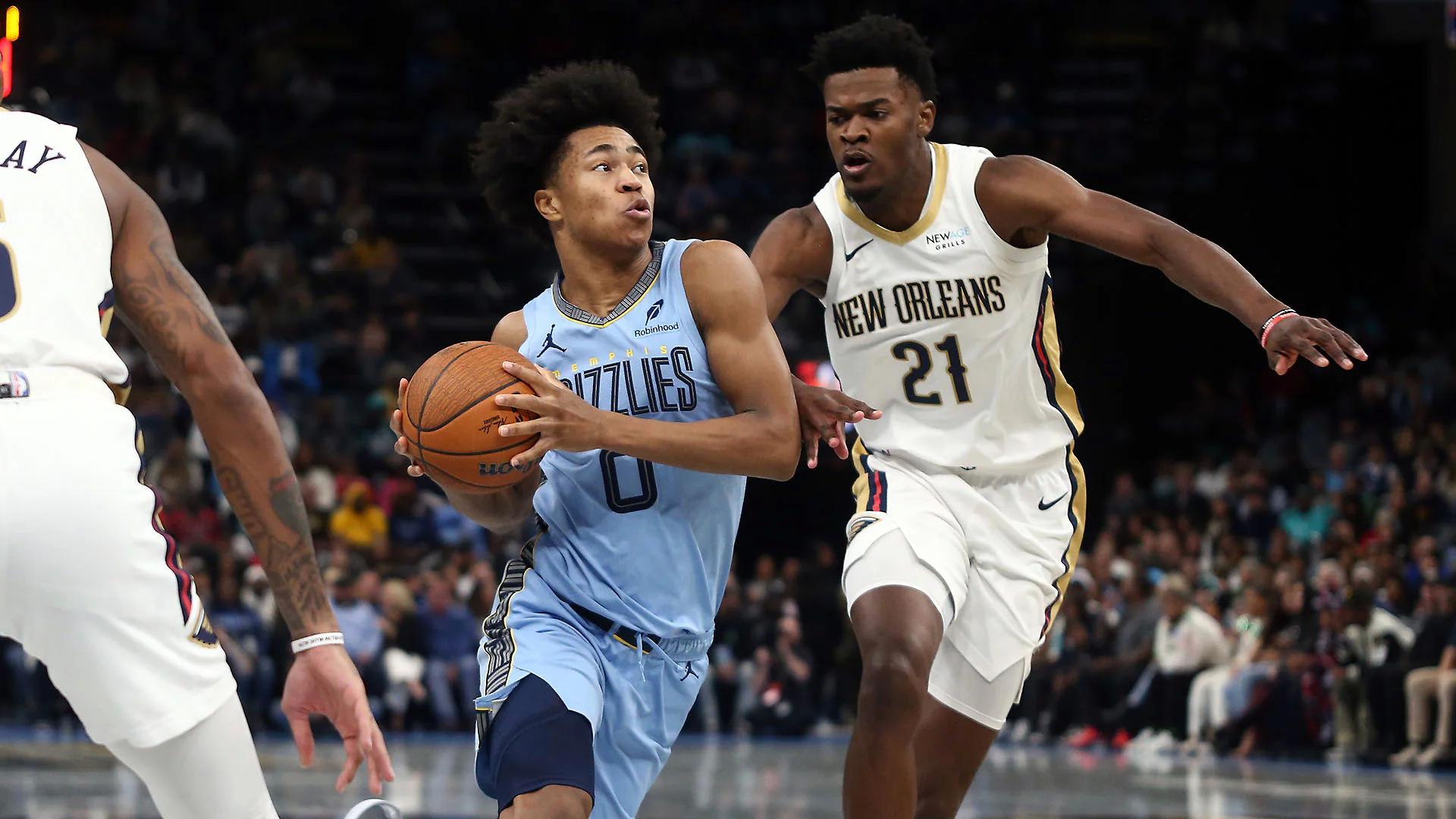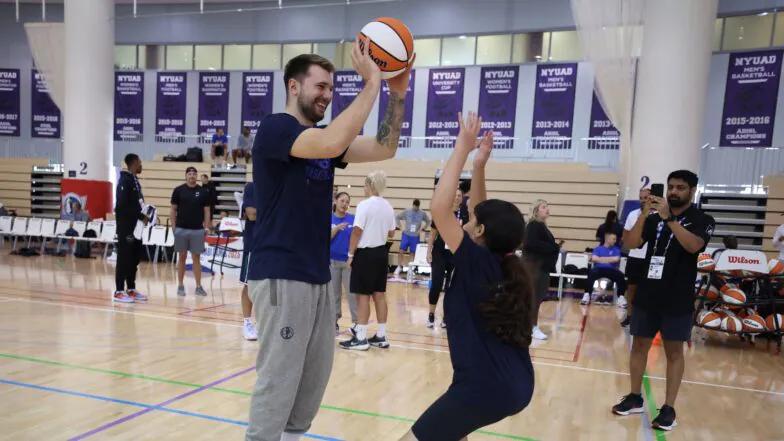Pritchard: A testament to Ainge's enduring draft success
Towards the end of his time in office, as situations started deteriorating and the need for change became apparent, a common narrative emerged regarding Danny Ainge's draft choices. While he successfully selected Jaylen Brown and Jayson Tatum, criticism arose for holding onto numerous picks that did not yield enough significant results.
There's a fair criticism buried in there, because Ainge could've been more aggressive dealing from his surplus in order to bolster a championship nucleus. But four years out from his last draft in Boston, we can now take a more comprehensive look at his selections and there are really only two words for his performance: home run.
If you re-ordered the 2016 to 2020 drafts, when Ainge did the bulk of his work building what became the core of Banner 18, you'll see a common theme. Ainge's picks have consistently outperformed their draft position.
ADVERTISEMENTAdvertisementThis is relevant, because on Wednesday night, two of those unheralded selections will square off. With the 14th and 26th picks, respectively, in the 2020 draft, Ainge selected Vanderbilt sharpshooter Aaron Nesmith and Oregon sparkplug Payton Pritchard.

It may have taken each of them a little while to get rolling, but they're now productive players. Nesmith is starting for the Pacers and averaged a career-high 12.2 points per game last season. He has carved out a niche for himself as a high-energy glue guy, and after a terrible shooting start to his career in Boston, he's once again converting over 40 percent of his 3-pointers in Indy.
If that draft were conducted today, Nesmith would probably go somewhere in the 20s, but he's trending upwards.
A case can be made that Pritchard and Nesmith would in fact probably swap spots. Pritchard just dropped 28 points on the Bucks, and has come off the bench to hit at least five 3-pointers in each of his last three games. With his penchant for halfcourt heroics and his constant offensive aggression, he looks like an early Sixth Man of the Year candidate. He's exactly what you hope for out of a late first-round selection.
Story continuesIf we rewind to the two drafts that started this run, it looks like Ainge got the best player in each. No one would argue that Tatum at No. 3 in 2017 is an all-time steal. But given where he has taken his game, especially during last year's monster postseason run, Jaylen Brown might be the best player in the 2016 draft, too.
No. 1 pick Ben Simmons has flamed out, No. 2 Brandon Ingram is just a guy, and outside of Denver's Jamal Murray, the rest of the top 10 was littered with busts. If it's not Brown, then maybe -- maybe -- one could argue for Pascal Siakam or Domantas Sabonis. But the Celtics wouldn't change a thing.
Jumping to 2018, the C's had one pick, No. 27, and they used it on Texas A&M big man Robert Williams. We'll never know how the 2022 Finals might've played out had the oft-injured Williams stayed healthy, but we do know that his impact on the roster far exceeded his draft position.
Williams made an All-Defensive team and then became part of the package that brought Jrue Holiday to Boston. You could hardly expect more out of the 27th pick. While there was some serious talent in that draft, from Luka Doncic to Shai Gilgeous-Alexander to Jalen Brunson and Trae Young, Williams played like a top-10 pick.
The following year, Ainge frustrated C's fans by keeping multiple first-rounders and drafting one of his only busts in this timeframe when he used the 14th pick on Indiana forward Romeo Langford. Making matters worse, he then traded the 20th pick, Matisse Thybulle, to Philadelphia, where he became an All-NBA defender.
But even in a down draft, Ainge still found a useful player, taking motor-mouthed forward Grant Williams with the 22nd pick. Williams played a key role for the 2022 Finalists -- Game 7 against Milwaukee, anyone? -- and is now coming off the bench for his hometown Hornets.
Even if Williams still hasn't taken the next step that seemed likely in 2022, when his combination of 3-point shooting and rugged defensive versatility made him a legitimate contributor on a contender, he still brought real value.
And that's ultimately the takeaway from Ainge's final five drafts in Boston. The hits outweighed the misses, and as Pritchard is proving this year, the hits keep on coming.
RELATED STORIES
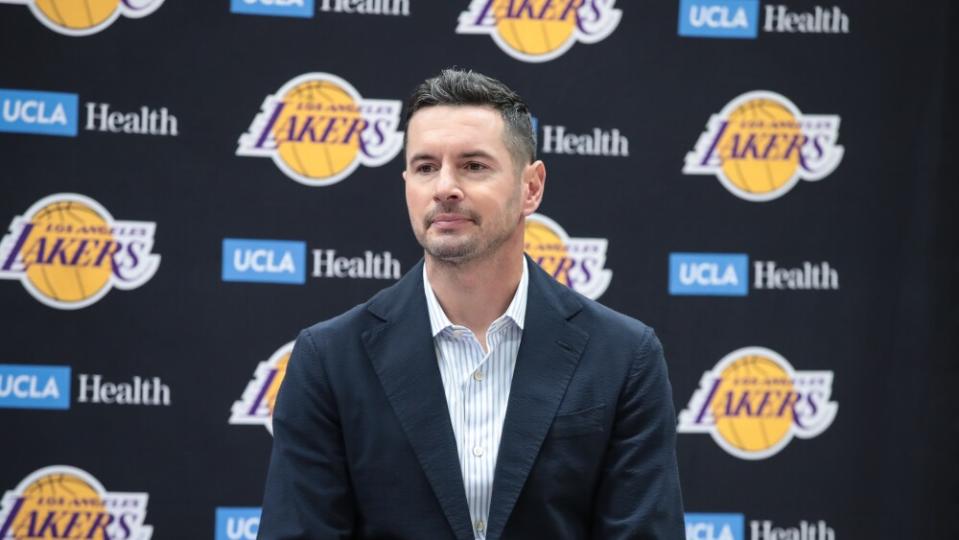
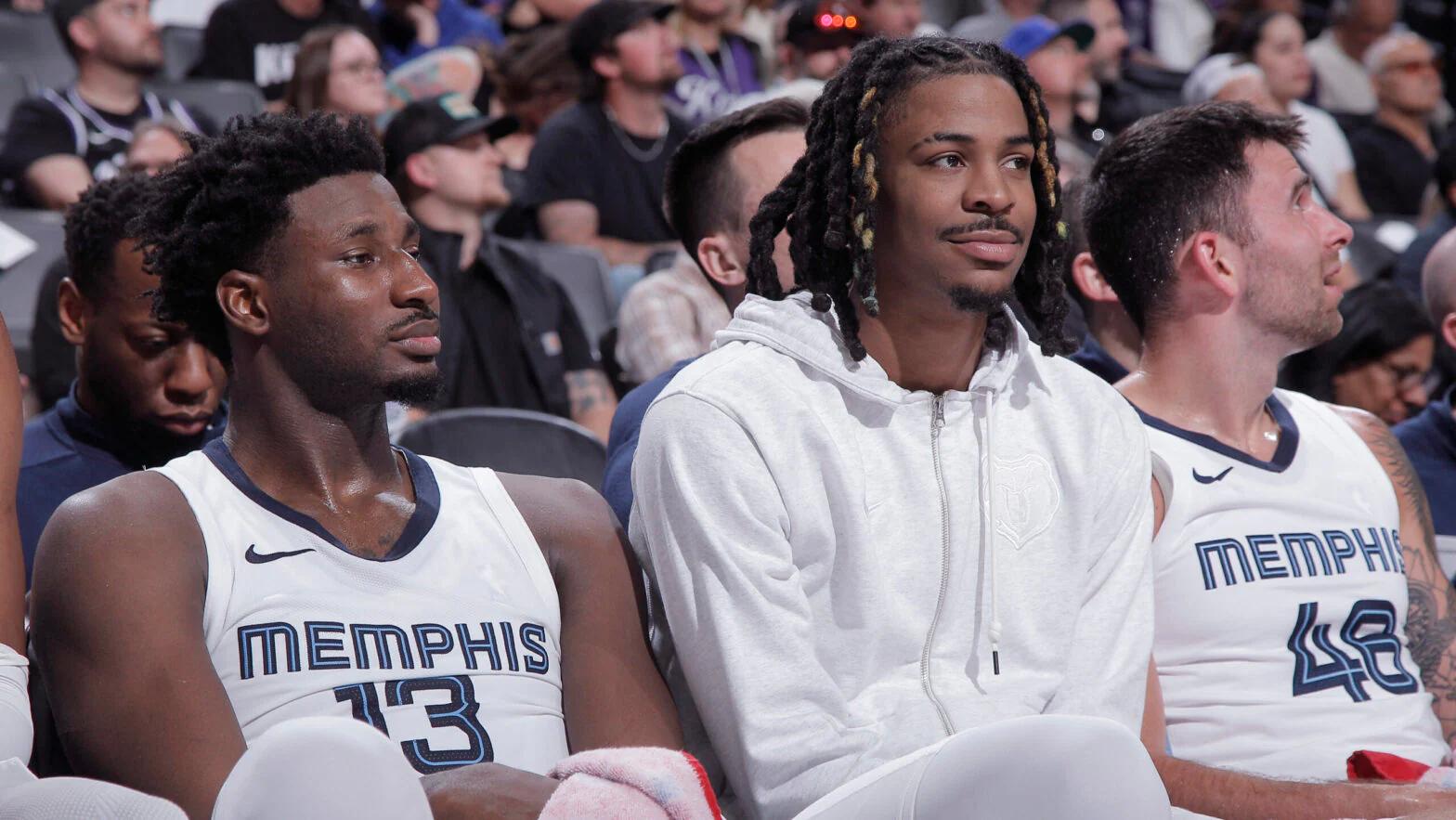
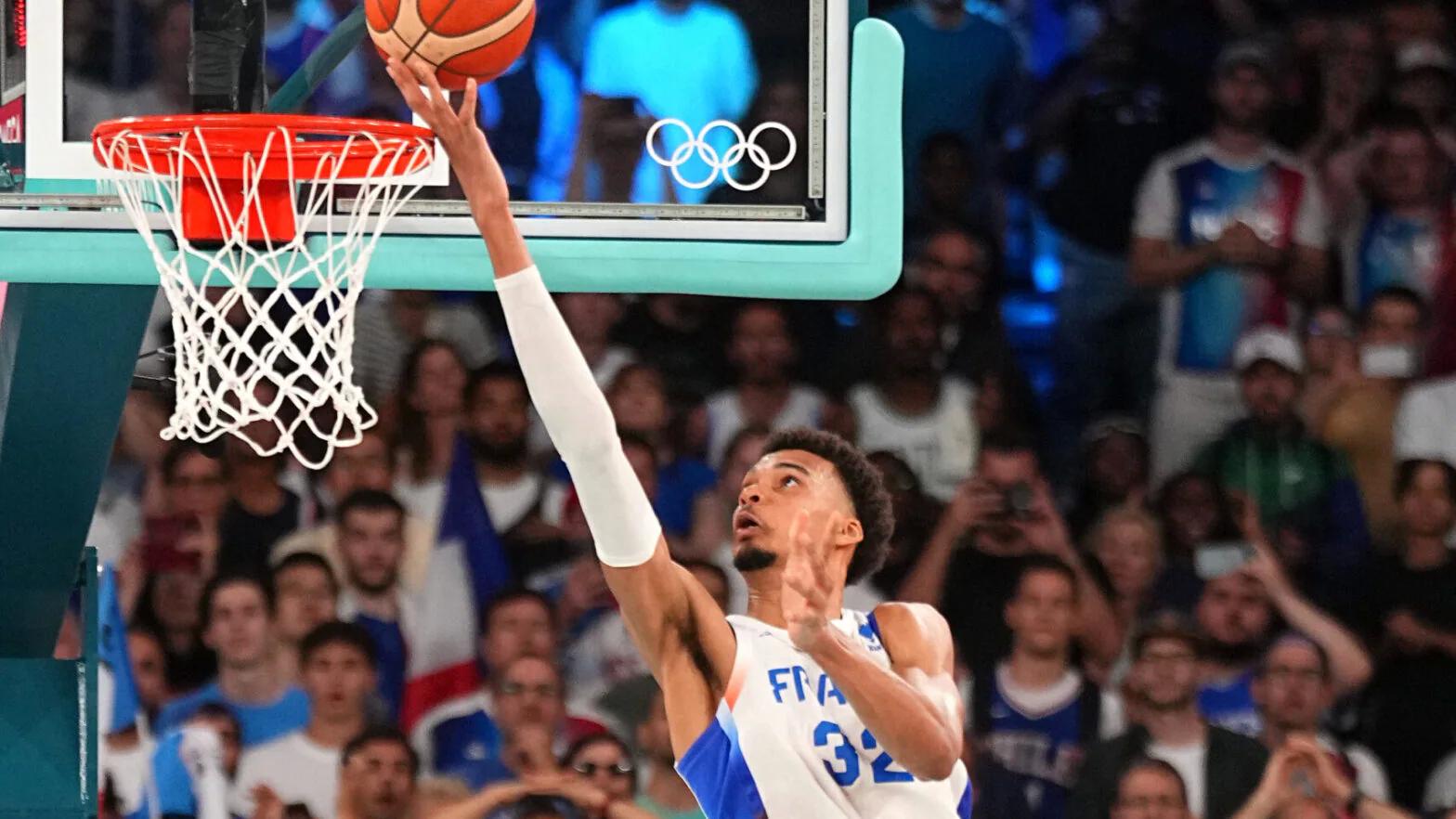
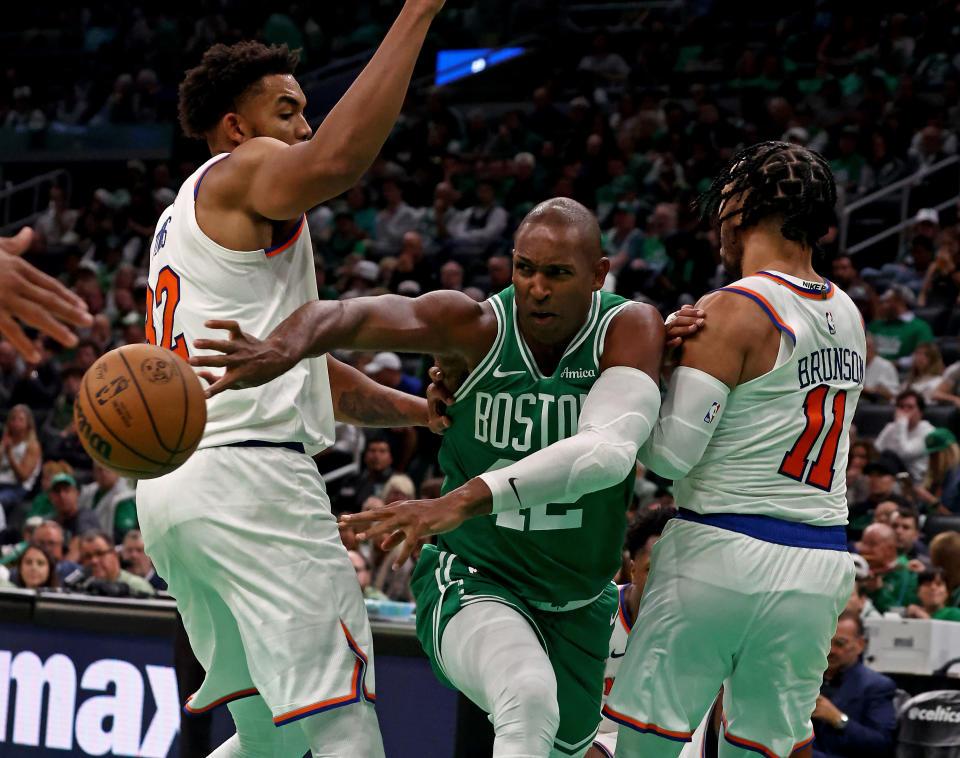

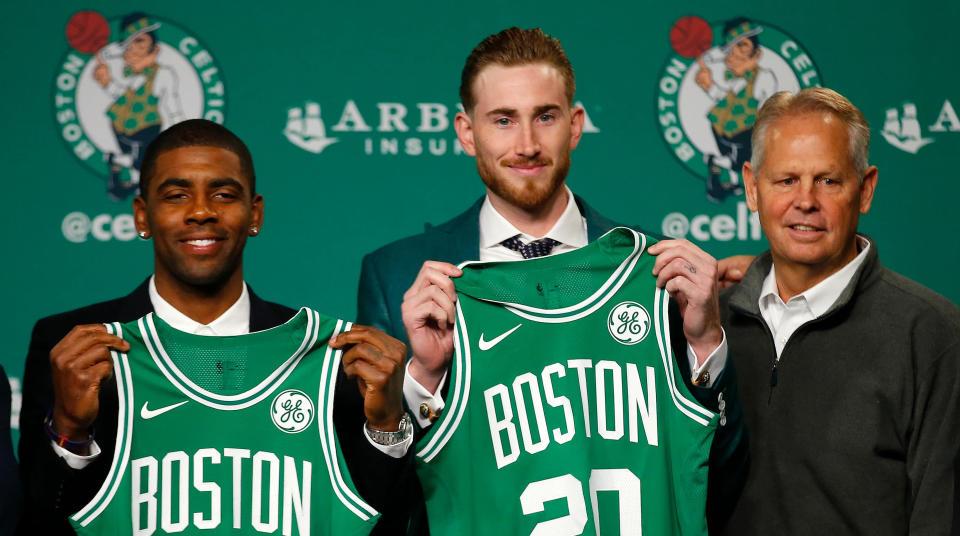
LATEST NEWS

